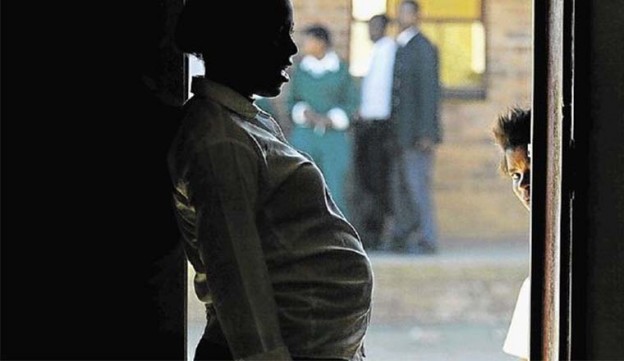Sierra Leone introduced the ban in 2015 after a rise in rape, abuse and poverty during the deadly Ebola outbreak.
A West African court is to examine a ban on pregnant girls going to school in Sierra Leone in a landmark case that campaigners say could strengthen girls’ rights across the region.
Sierra Leone introduced the ban in 2015 after a rise in rape, abuse and poverty during the deadly Ebola outbreak fuelled a spike in teenage pregnancies.
The law increased the stigma surrounding pregnant girls and set thousands back in their studies, said women’s rights group Equality Now, which filed the case with partner organisations.
A spokesman for the Economic Community of West African States (ECOWAS) court in Nigeria’s capital Abuja confirmed the case had been filed and said it would give Sierra Leone 30 days to respond.

“This is a really big deal,” said Sabrina Mahtani, a researcher at rights group Amnesty International.
“I think this is an important opportunity for the ECOWAS court to set down in case law what the rights and obligations are of states regarding the rights of pregnant girls,” she told the Thomson Reuters Foundation.
The Sierra Leone government said at the time of the ban allowing pregnant girls to go to school would undermine their ability to do well in class, expose them to ridicule and encourage others to get pregnant.
An official in Sierra Leone’s education ministry said she was not yet aware that a case had been filed, but that the government would defend their policy.
“I am sure they will defend the ban,” said Olive Musa, Sierra Leone’s director of non-formal education, by phone.
“There was an alternative programme for (pregnant girls), and some of them went back to school after a period of time, so I don’t know why they have taken this to the ECOWAS court.”
Sierra Leone’s government spokesman could not immediately be reached for comment.
Equality Now said they filed the case because years of advocacy and discussions with the government had not been fruitful.
“If there is no intervention, this will result in a lifetime of illiteracy, ignorance, poverty and extreme violations for these girls,” Equality Now and partners said in a statement.

